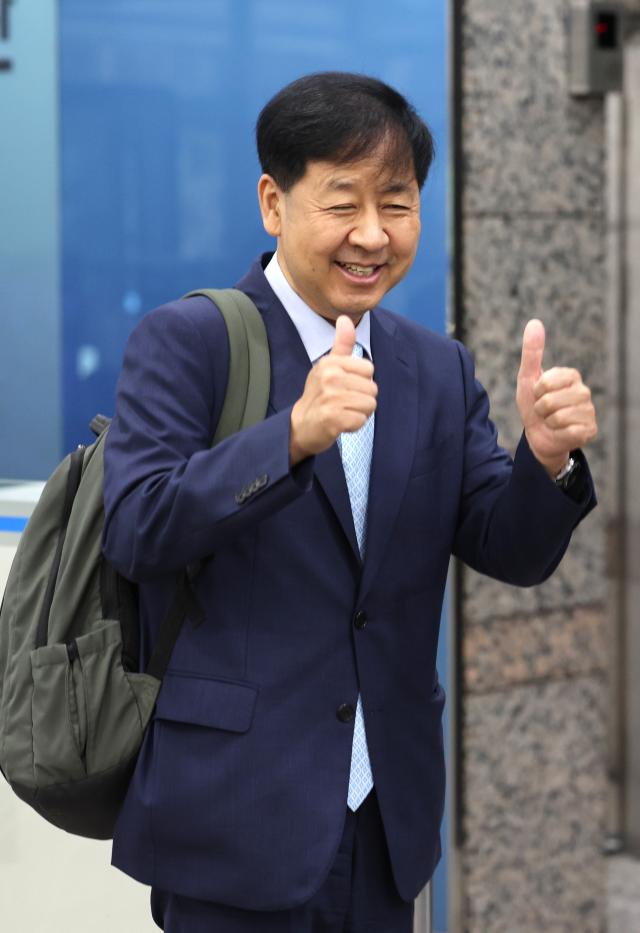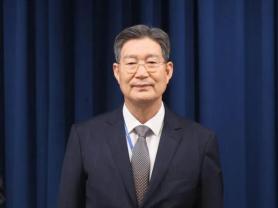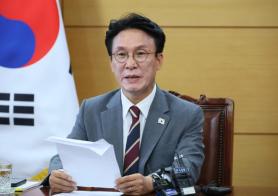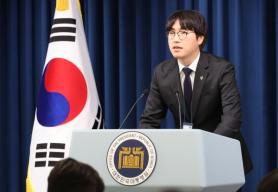
The appointment of Koo, a 60-year-old career bureaucrat and current visiting economics professor at Seoul National University, is seen as a strategic move to inject momentum into the Lee administration’s economic agenda and recalibrate the country’s fiscal policy direction. His nomination follows the resignation of former Finance Minister Choi Sang-mok in April.
Born in Seongju, North Gyeongsang Province, in 1965, Koo joined the civil service after passing the state administration exam. He rose through the ranks of the Ministry of Economy and Finance, serving as budget director and second vice minister, and later became head of the Office for Government Policy Coordination under the Moon Jae-in administration.
Known for his deft handling of complex policy portfolios, Koo played a central role in the country's pandemic-era economic response, overseeing emergency budgets and managing inter-ministerial coordination on contentious issues such as real estate policy.
His expertise spans traditional fiscal policy as well as emerging fields like artificial intelligence — skills that officials say align closely with the new government’s dual emphasis on economic revitalization and digital innovation.
At a press briefing on Sunday, Koo outlined his priorities: reviving domestic demand, managing external uncertainties, and fostering long-term economic innovation.
He also underscored the need for strategic public investment, likening the state's role to that of a private firm seeking profit to survive.
“The state must invest efficiently — like companies that perish without profit — to discover future growth engines for sustainable development,” he said, emphasizing South Korea’s ambitions to become a global AI leader.
His nomination is expected to restore regular operations of economy-related ministerial meetings, which have been stalled since Choi’s departure.
One of Koo’s first challenges will be spearheading a major reorganization of the finance ministry itself — an ambitious reform that involves separating budget functions and integrating financial policy departments.
The structural overhaul will require careful navigation of inter-agency boundaries, involving coordination with the Financial Services Commission, the Ministry of Trade, Industry and Energy, and the Ministry of Land, Infrastructure and Transport.
Observers say the success of these efforts will depend heavily on Koo’s ability to harmonize competing institutional interests while steering South Korea through a period of low growth and fiscal uncertainty.
Copyright ⓒ Aju Press All rights reserved.




